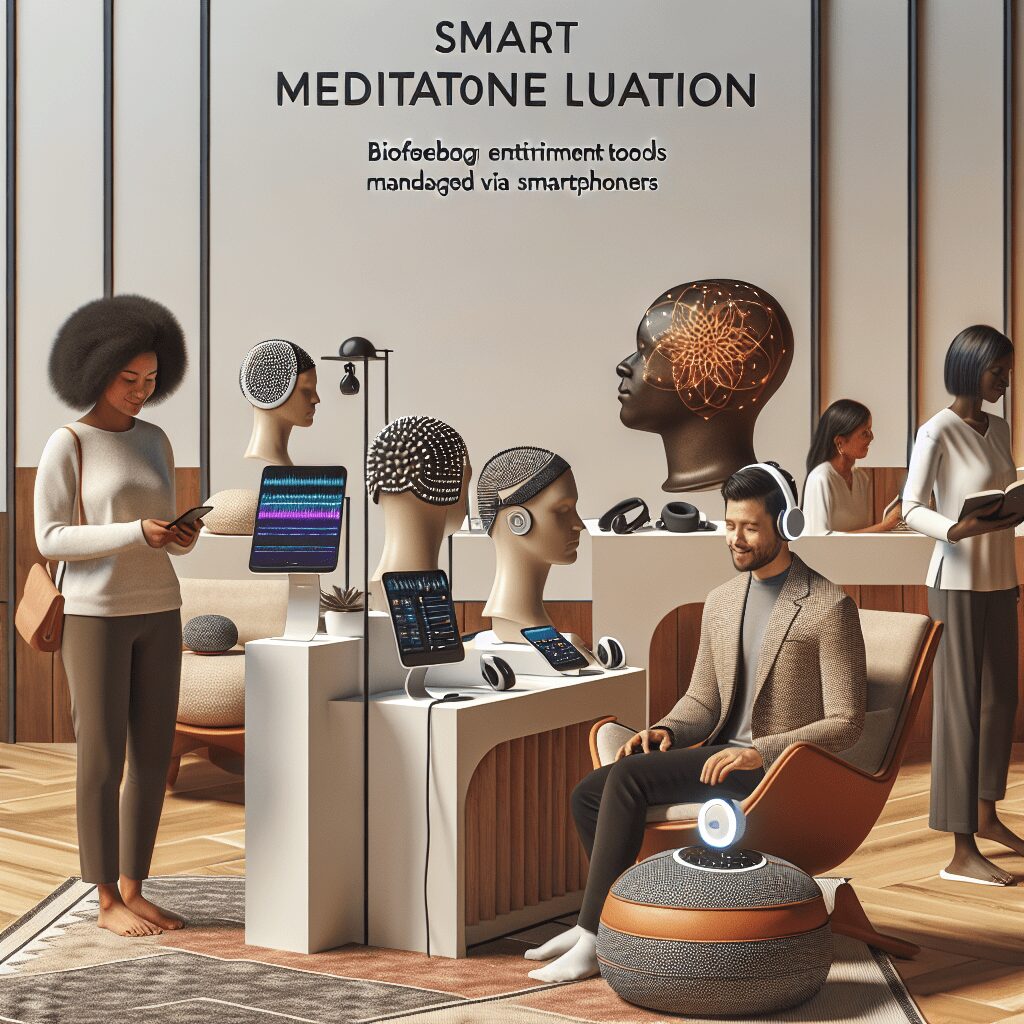
Prioritize your mental well-being daily. Enhance your life by nurturing your mental health with the Smart Meditation app. Break free from stress, alleviate anxiety, and enhance your sleep quality starting today.
Can You Have High Anxiety With No Triggers?
Unraveling the Mysteries of Anxiety: No Trigger? No Problem!
Ever found yourself in a situation where your heart’s racing, palms sweating, but for the love of all that’s sane, you can’t figure out why? Welcome to the enigmatic world of anxiety, where sometimes, the only trigger is, well, seemingly nothing at all. Let’s dive deep into this paradox, shall we?
The Invisible Catalysts of Anxiety
Now, it might seem a tad counterintuitive. After all, we’re wired to think that every reaction has an equal and opposite cause—thank you, Newton. However, when it comes to the intricate labyrinth of human emotions, things aren’t always black and white.
The Role of the Brain
At the heart of this conundrum lies our complex brain. It’s like the ultimate control center, but sometimes, it gets its wires crossed. For those experiencing high anxiety with no identifiable triggers, it’s often a matter of the brain perceiving a threat where there’s none.
Picture this: your brain suddenly decides to throw a surprise party, inviting all the anxiety symptoms, without sending you the invite—or the reason. Does it sound unfair? Absolutely. But that’s how it rolls sometimes.
The Unseen Psychiatric Contributors
Beyond the oddball behaviors of our brains, there are other culprits in disguise. Medical conditions such as generalized anxiety disorder (GAD) specialize in the art of anxiety without an apparent cause. Folks with GAD often find themselves on edge, riding the high-anxiety wave, without any storm in sight.
Lifestyle Factors and Their Sneaky Impact
Let’s not forget the modern lifestyle’s role in this saga. In today’s turbo-charged world, our bodies are marinating in a cocktail of stressors—workload, sleep deprivation, that third cup of coffee—might be fueling anxiety, under the radar.
Navigating Through the Fog: Strategies to Cope
Now, before you start feeling like a ship lost at sea, let’s chart out some strategies to navigate these murky waters.
-
Knowledge is Power: Understanding that anxiety can come without a billboard announcement helps in demystifying the experience. It’s not you; it’s just your brain being overly cautious.
-
Mindfulness and Meditation: These aren’t just buzzwords. Incorporating mindfulness into your daily routine can act as an anchor, bringing you back to the calm shores when the anxiety waves hit.
-
Seeking Professional Help: Sometimes, the best way to tackle this invisible beast is with the help of a seasoned navigator. Therapists and mental health professionals are equipped with the maps and tools to help you find your way back.
-
Lifestyle Tweaks: Sometimes, small changes make big differences. Adequate sleep, a balanced diet, and regular physical activity can shore up your defense against the anxiety tides.
The Takeaway
So, can you have high anxiety with no triggers? In a nutshell, absolutely. While it might feel like wandering in a fog, remember, every fog has its clearing. With the right strategies and support, navigating through anxiety, trigger or no trigger, can become a journey of self-discovery and resilience. Who knows? You might just find your calm in the chaos.
Remember, it’s okay to ask for a map (read: help) along the way. After all, every explorer needs a compass and sometimes, that compass is a friendly ear or a professional guide. Safe travels through the mind’s twists and turns!





